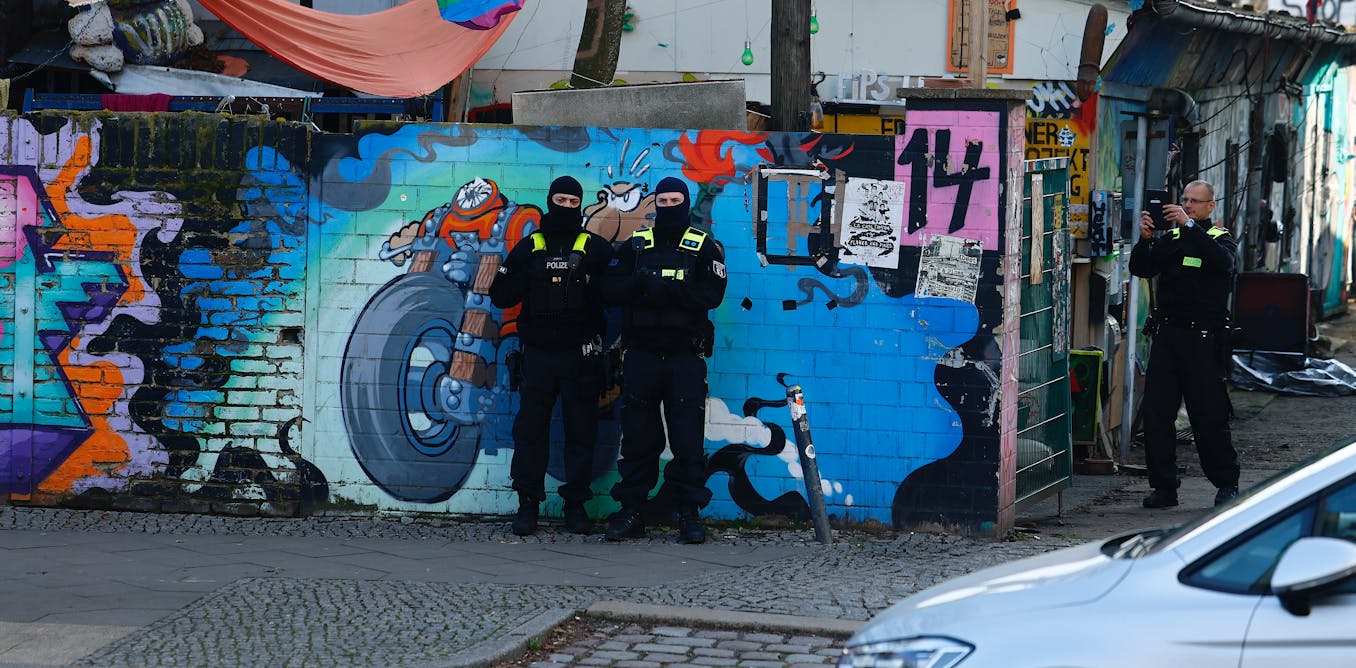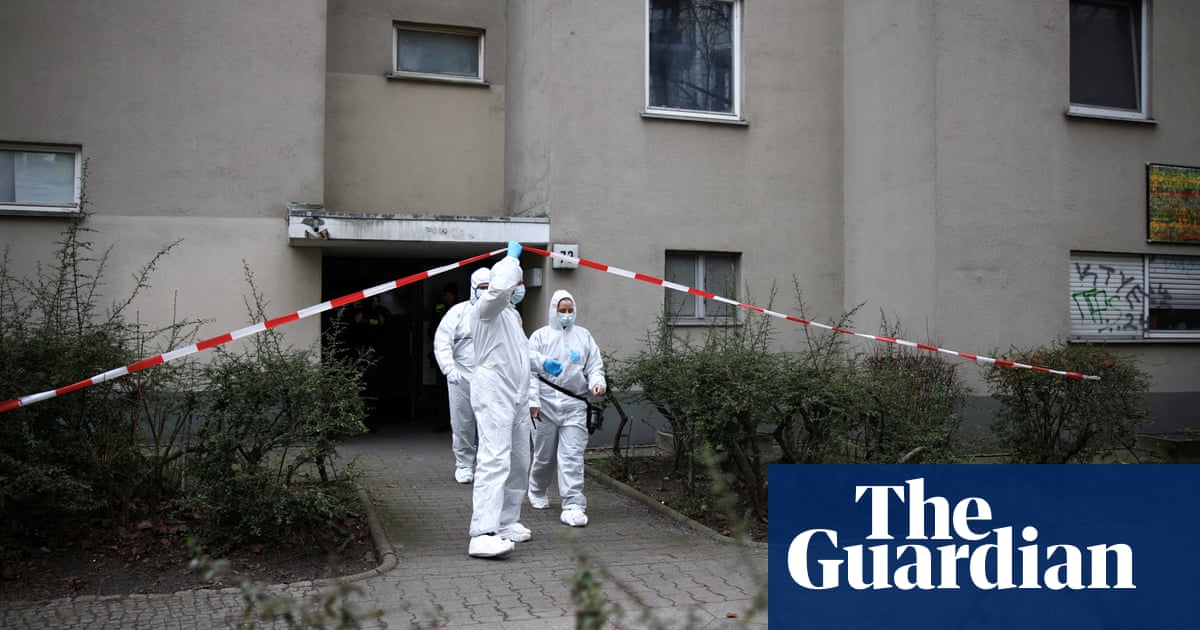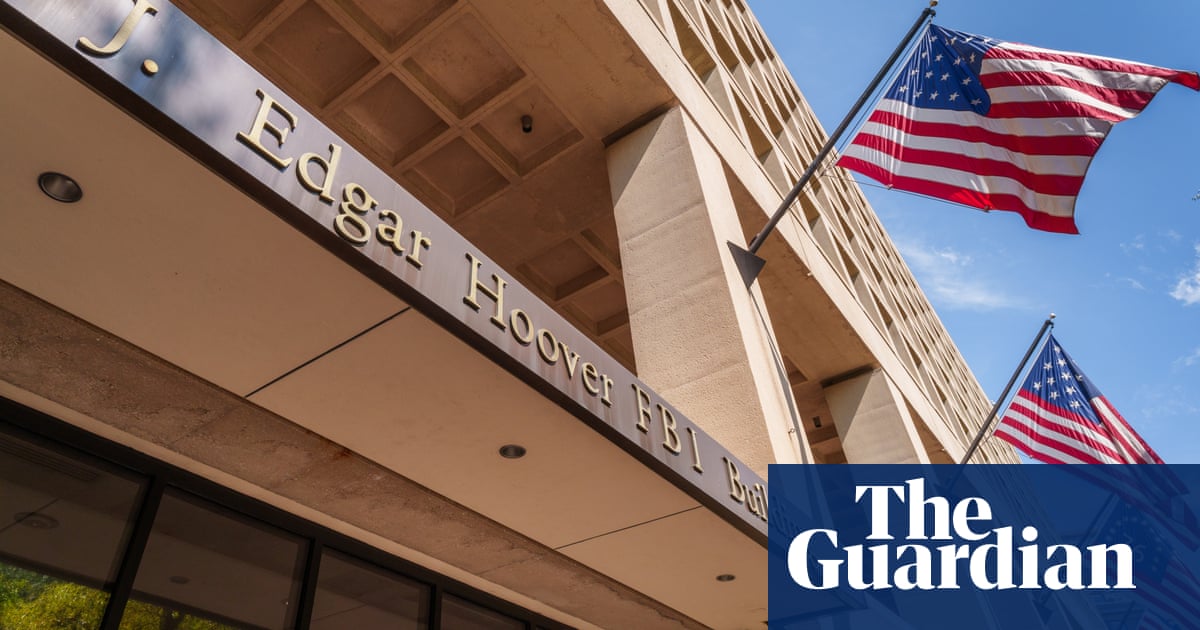Cheerful news from the DHS...
Homeland Threat Assessment
Executive Summary
Terrorism, both foreign and domestic, remains a top threat to the Homeland, but other threats are increasingly
crowding the threat space. During the next year, we assess that the threat of violence from individuals radicalized
in the United States will remain high, but largely unchanged, marked by lone offenders or small group attacks
that occur with little warning. Foreign terrorist groups like al-Qa’ida and ISIS are seeking to rebuild overseas, and
they maintain worldwide networks of supporters that could seek to target the Homeland.
In addition to the enduring terrorism threat, we expect illegal drugs produced in Mexico and sold in the United
States will continue to kill more Americans than any other threat. During the past year, US-based traffickers have
become more involved in the mixing and pressing of fentanyl, contributing to more lethal mixes of this already
deadly drug.
This year, record encounters of migrants arriving from a growing number of countries have complicated border
and immigration security. While monthly encounters have fallen from record highs in December, overall
encounters for the fiscal year are on pace to nearly match 2022’s record high total. As part of the overall increase
in migration, we have also encountered a growing number of individuals in the Terrorist Screening Data Set
(TSDS), also known as the “watchlist.” Inclusion in the TSDS ranges from known associates of watchlisted
individuals, such as family members, to individuals directly engaged in terrorist activity.
Domestic and foreign adversaries will likely continue to target our critical infrastructure over the next year, in
part because they perceive targeting these sectors would be detrimental to US industries and the American way
of life. While cyber attacks seeking to compromise networks or disrupt services for geopolitical or financial
purposes continue apace, we noted an uptick over the last year of physical attacks on critical infrastructure.
We expect the 2024 election cycle will be a key event for possible violence and foreign influence targeting our
election infrastructure, processes, and personnel.
Against this backdrop of traditional homeland security threats, we expect the People’s Republic of China (PRC)
will continue to use predatory economic practices to advantage its firms and industries over ours. The PRC will
likely continue to manipulate markets, employ economic espionage and coercive economic tools, and seek to
illicitly acquire our technologies and intellectual property. Concurrently, financially motivated criminal actors
are adapting new methods to improve their ability to financially extort victims and will likely continue to
impose significant financial costs on the US economy over the next year.
Climate change, natural disasters, and technological advances have the potential to compound many of these
threats. Climate-related disasters, such as heat waves, droughts, wildfires, coastal storms, and inland flooding,
have the potential to disrupt regional economies, foster health crises like disease outbreaks, and tax law
enforcement resources. Meanwhile, the proliferation of accessible artificial intelligence (AI) tools likely will
bolster our adversaries’ tactics. Nation-states seeking to undermine trust in our government institutions, social
cohesion, and democratic processes are using AI to create more believable mis-, dis-, and malinformation
campaigns, while cyber actors use AI to develop new tools and accesses that allow them to compromise more
victims and enable larger-scale, faster, efficient, and more evasive cyber attacks.


 theconversation.com
theconversation.com




ca.finance.yahoo.com













www.fox5dc.com

ca.news.yahoo.com

www.theguardian.com

www.bbc.com

www.fox5dc.com

ca.news.yahoo.com

www.theguardian.com

www.bbc.com

 www.courtwatch.news
www.courtwatch.news

www.courtwatch.news

www.fox5dc.com

ca.news.yahoo.com

www.theguardian.com

www.bbc.com

 www.courtwatch.news
www.courtwatch.news

www.courtwatch.news





abcnews.go.com

www.huffpost.com

